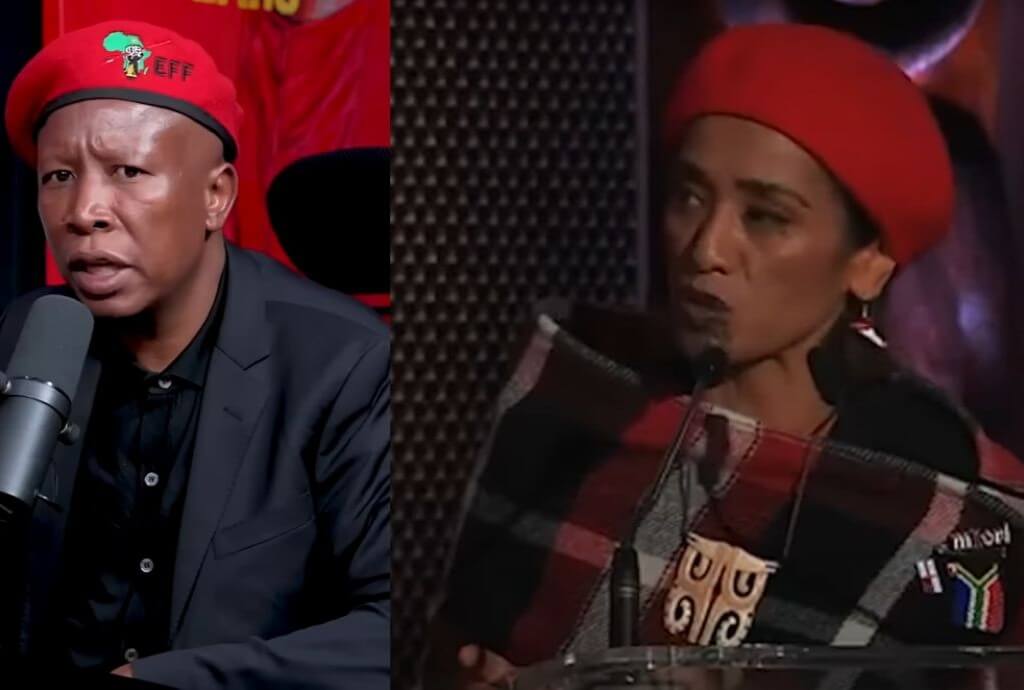The Centrist
In Brief:
Socialism involves collective ownership and control of production; making modern central banking inherently socialist in nature. Proponents argue it is necessary for economic stability, yet others emphasize the importance of competition. The left vs right debate this, but both sides agree on socialist control of the money supply, differing only in the extent of money printing. Others suggest that competition, not socialism, in currency issuance is crucial for stability, while the potential for non-political solutions to money already exists in the digital age.
Firstly, what is socialism?
Socialism is a political and economic system in which the means of production, distribution, and exchange are owned and controlled by the community as a whole, typically through the government or worker cooperatives. Under socialism it is said that the people via the government collectively own and control industries, rather than private individuals or corporations.
The stated goals of socialism is to create a more equal and just society, where resources are distributed based on need rather than being incentivized by profit.
Monopoly money
Modern governments have taken over the means of production of one of our most fundamental economic tools, money. By the definition above, all central banks are tools of socialism.
Modern central banking creates a monopoly to regulate the money supply and base interest rates of a country to a central authority.
It is often argued that this system is inherently socialist due to the fact that the production of money is then collectivized and owned by the state.
The central bank has the power to create money and distribute it to the economy through various mechanisms, giving it significant influence over the distribution of wealth within an economy.
For and against
Critics of central banking argue that this system will inevitably lead to inflation, currency devaluation, and other negative effects. They argue that central banks are inherently prone to political pressure and may be used to finance government deficits or engage in other activities that are not in the best interest of the economy as a whole.
Proponents of central banking argue that it is necessary in order to regulate the economy and ensure stability. They argue that central banks are independent monopolies, and subject to checks and balances in order to prevent abuses of power.
Either way It is clear that central banking is a system that involves the collectivization of resources and thus should be considered inherently socialist in nature.
How to make money
Classical economists argue that competition in money creation is essential to maintaining a sound medium of exchange, equally important to competition in any sector of the economy.
They argue that the free market is the best mechanism for determining what should be used as money and how much of it should be in circulation. The idea is that when the government monopolizes the production of money, it stifles competition and leads to a less efficient and less effective monetary system.
Left vs right
The left and right tend not to disagree on whether a socialist entity should be in control of the money supply, the debate is contained to the degree in which money is printed. But maybe they should. Additionally, both sides advocate for policies and goals that often benefit from central banking.
Friedrich Hayek argued that competition -rather than a socialist institution- in currency issuance is necessary for creating a stable monetary system. Control by a centralized authority would inevitably bring economic instability and inflation.
Surely in the age of high tech instant global communication, humanity could find non-political solutions to money?



















